Life happens to us all at some point, some of us are born poor, and dealt with childhood trauma, domestic violence, childhood sexual abuse, and addiction among other challenges. Your history is not your destiny. Where you are right now is who you are. We often mistake our life situation with our destiny but one of the greatest tools we have is our ability to change our course of direction at any point in time by deciding to. As American psychologist, William James once observed; The greatest discovery of my generation is that a human being can alter his life by altering his attitudes.
The greatest discovery of my generation is that a human being can alter his life by altering his attitudes. – William James
Your job and environment are not who you are. One of the most transformative questions, we all have to answer at some point is: “Who are you? Why I am here? The moment you answer these questions and really know what your purpose here is, you are going to go places.
- Ursula Burns was raised by her immigrant mum in poverty but against all odds was named the CEO of Xerox, making her the first African American woman CEO of a Fortune 500 company.
- Indra Nooyi grew up in India with humble beginnings but rose to become the CEO of Pepsico which is the second-largest food and beverage company in the world.
- Viola Davis grew up in abject poverty, domestic violence, childhood trauma and brokenness but she overcame it all to become one of the most recognized faces on TV with an Oscar, Primetime Emmy Award and two Tony Awards becoming the only African-American to achieve the Triple Crown of acting.
How did these 3 inspiring women who grew up in challenging environments rise to the top of their professions against all odds and challenges stacked against them? They decided to take their destiny in their hands, they studied hard, built relationships, created their luck, prepared for their opportunities and executed relentlessly. Here are some great insights from the biographies of these 3 great women on how they did it:
In her autobiography, Where You Are Is Not Who You Are: A Memoir, the first African American woman CEO of a Fortune 500 company, Ursula Burn chronicles her story of growing up in poverty and the lessons learned on her path to greatness. She writes:
As a Black woman, I had to prove myself worthy of whatever position I was in because my coworkers would cut me no slack. I hadn’t slept my way up the chain. I wasn’t the recipient of preferential treatment. I wanted to make sure that the audience knew that I’d earned my position. To do that, I made sure they understood that I knew at least as much as anyone in the room. It was a defense mechanism against the assumption that I didn’t belong.
“My mother refused to have her children be defined by it. “Where you are is not who you are,” she told us time and again. I didn’t know what she was talking about.“
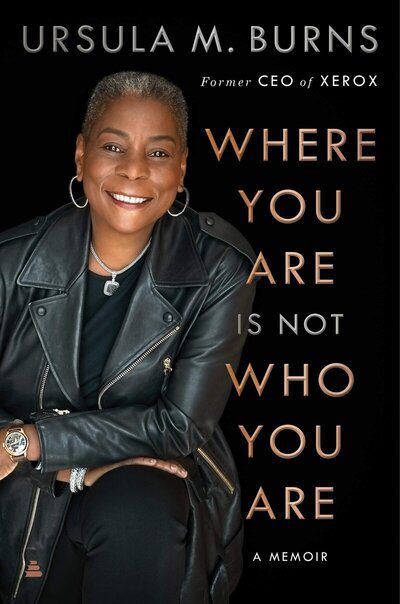
Poverty has a pace, and the sidewalks were crowded with people rushing around in a frantic fashion, people racing great distances to save $1 here or there or hurrying to stand in line for a handout.
Indra Nooyi grew up in India and was named PepsiCo CEO in 2006 making her the first woman of colour and immigrant to run a Fortune 50 company. In her autobiography, My Life in Full: Work, Family, and Our Future, she writes about her journey from rural India to leading a multinational company.
Mine is not an immigrant story of hardship—of fighting my way to America to escape poverty, persecution, or war. I don’t know what it feels like to be a refugee, homeless because my own country is in crisis. I spoke English. I had landed in the US with $500. I was at Yale. And I had the safety net of my family in India, a place that I was familiar with and loved and that would take me back.
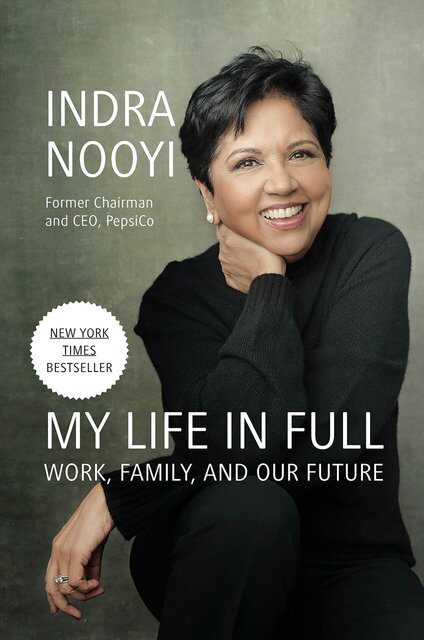
“I had no money to spare. My scholarships and loans totaled about $15,000 a year, roughly evenly split, and I spent almost all on tuition, room, and board. I took a job working the front desk and the manual switchboard at Helen Hadley Hall three to four days a week, earning $3.85 an hour for midnight to 5 a.m. That was fifty cents an hour more than the daytime slot and $1.20 more than the minimum wage, which was $2.65 in those days. When the phone rang at reception, I’d buzz a resident’s room and put the call through to the hallway phone. All night, students ran down the hall in their nightwear and slippers to get their calls. I monitored the front door, sorted the mail, and did my homework.”
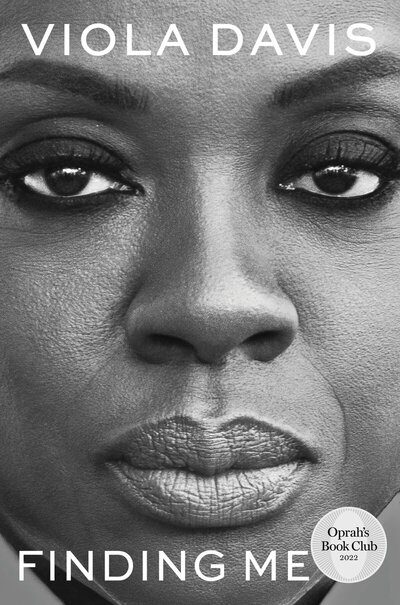
In Finding Me: A Memoir, American actress Viola Davis describes her roller-coaster journey from growing up in abject poverty to Hollywood fame. She writes:
“We were “po.” That’s a level lower than poor. I’ve heard some of my friends say, “We were poor, too, but I just didn’t know it until I got older.” We were poor and we knew it. There was absolutely no disputing it. It was reflected in the apartments we lived in, where we shopped for clothes and furniture—the St. Vincent de Paul—the food stamps that were never enough to fully feed us, and the welfare checks. We were “po.” We almost never had a phone. Often, we had no hot water or gas. We had to use a hot plate, which increased the electric bill. The plumbing was shoddy, so the toilets never flushed.
You know, when you’re poor, you live in an alternate reality. It’s not that we have problems different from everyone else, but we don’t have the resources to mask them. We’ve been stripped clean of social protocol. There’s an understanding that everyone is trying to survive and who is going to get in the way of that?
As the stories of these great women shows, your history is not who you are and with persistence and commitment, all things are possible. Inspite of their humble background, Ursula Burns became the CEO of XEROX, Indra Nooyi became the first African American woman CEO of a Fortune 500 company and Violas Davis became an Hollywood superstar despite the poverty, abuse and trauma of her childhood.
All the Best in your quest to get Better. Don’t Settle: Live with Passion.
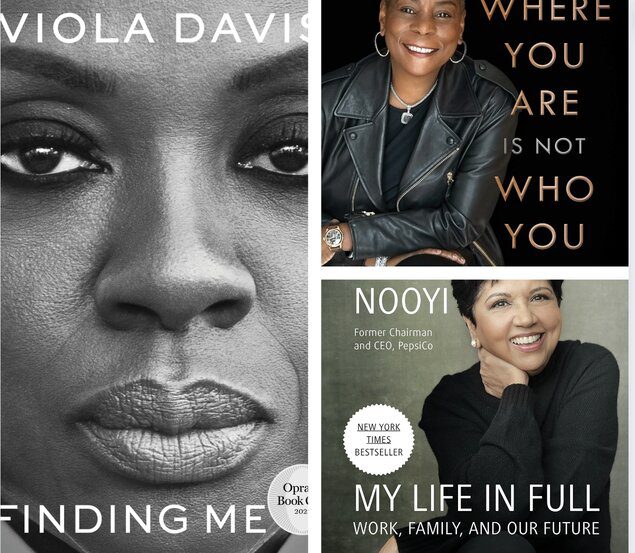

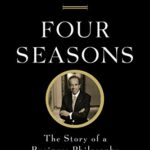
Comments are closed.